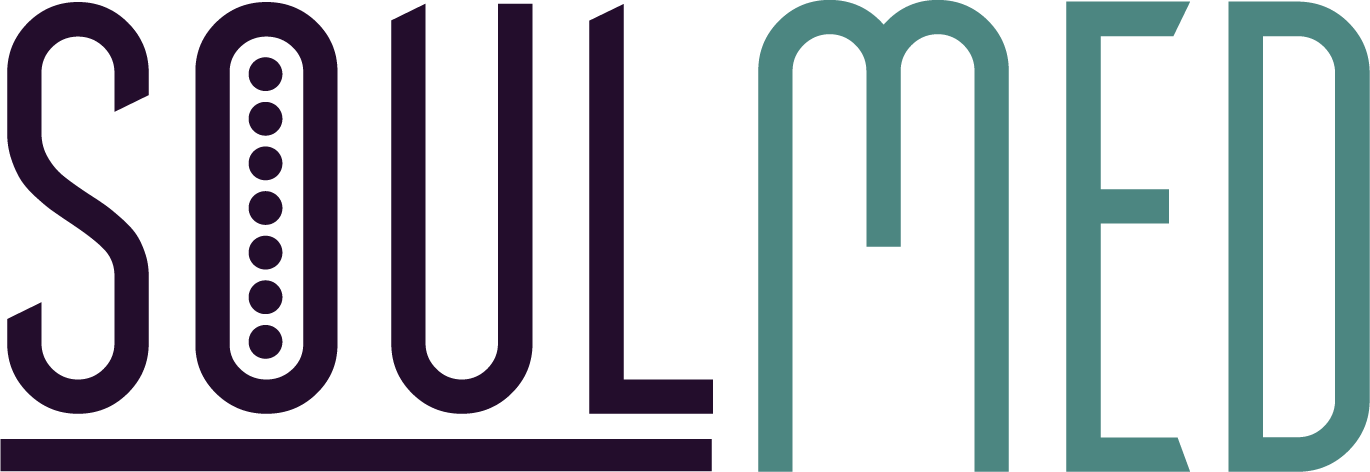We teach people how to treat us by what we allow, what we stop and what we reinforce.
So, when they hurt us, it is our responsibility to teach them how to treat us. Our response to their infraction tells them what we will accept and how much we value ourselves.
It is important that when you speak up for yourself, you don’t use victim vocabulary. Victim vocabulary will only encourage them to continue their poor behavior toward you and give them permission to invite other people to do the same. You want to stand in control of your circumstances, never giving your power away to someone else. What does this look like?
It looks like you being honest with yourself, practicing mindfulness, accepting personal responsibility, evaluating your trauma, and not complaining, but seeking solutions. You want to maintain in control of your life and the outcomes.
Example: Josh has a 32 in math. He’s asked his teacher for assistance over and over and she doesn’t help him.
Victim response: She doesn’t like me. I will have to live with a F.
Empowered response: Josh emails the teacher, copying the dean of the university with details of the issue and the times he’s sought assistance. He asks for a meeting and to have the dean included in the meeting.
If Josh takes the victim role, he is teaching his math teacher to continue to ignore him. When he moves to a position of empowerment, she knows that she has to pay attention to him.

